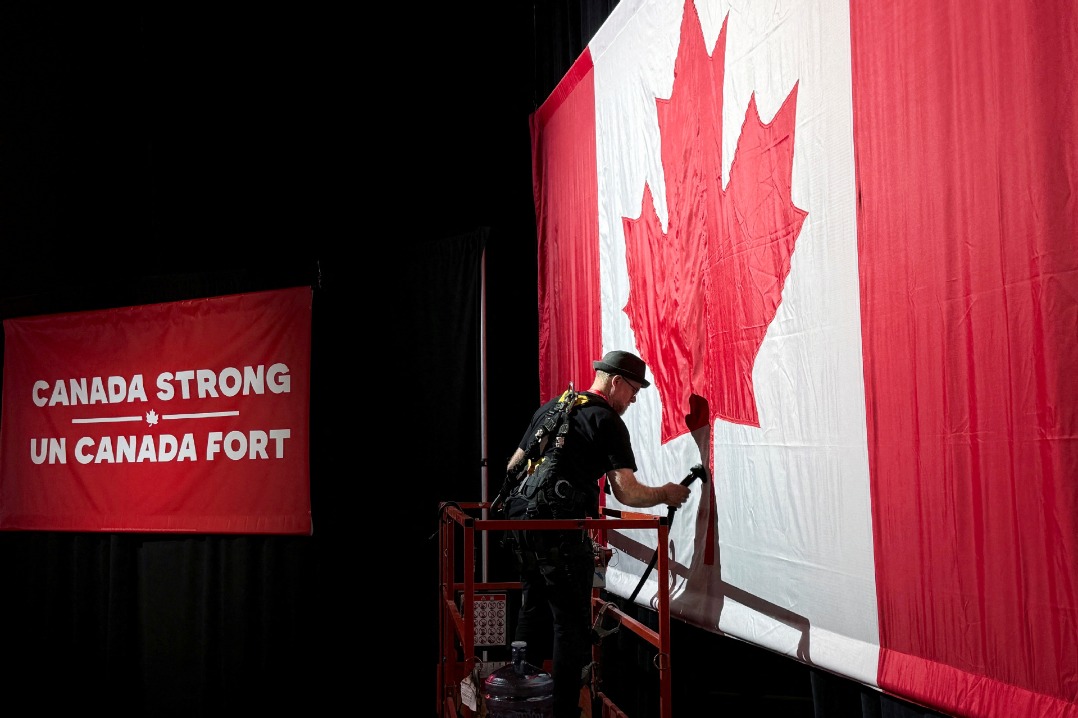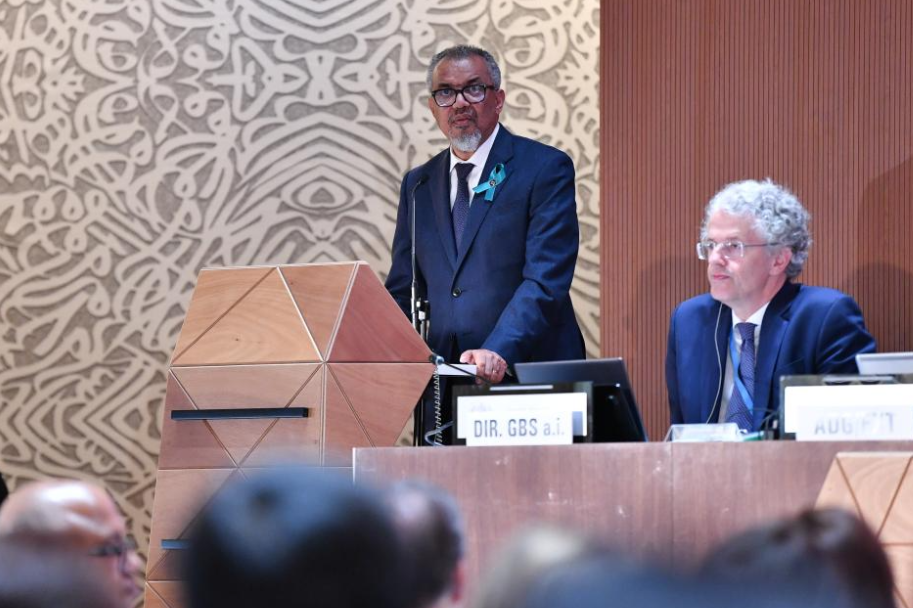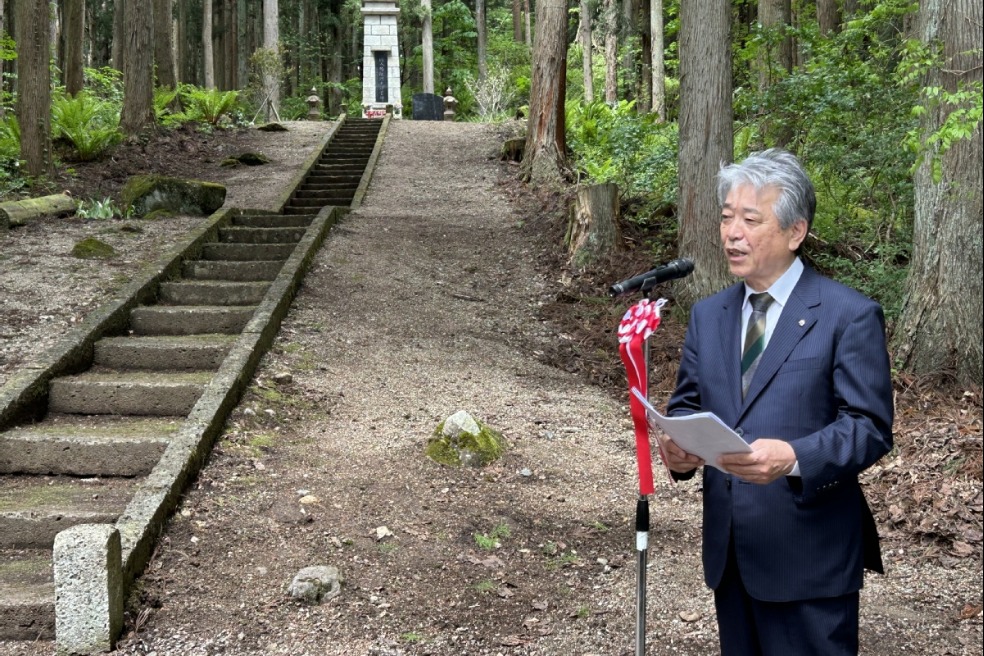For conferences, worried academics prefer Canada

Fears over border scrutiny, discrimination and political tensions are prompting Canadian academics and professional organizations to pull back from conferences in the United States.
"There are a number of reasons why Canadians are unwilling to go to the United States," said Ann Travers, a professor at Simon Fraser University, and president-elect of the North American Society for the Sociology of Sport, or NASSS.
"We've had one of the professors in our member organization who was denied entry, and the next time he went, he was detained for three hours," Travers told China Daily. "Then they let him go — but he'd already missed his flight."
As a transgender scholar, Travers said concerns extend beyond logistics or nationality.
"For our members who may be racialized or from one of the countries that is considered to be an increased security risk, and (for) trans people like myself, it's quite worrisome," Travers said.
NASSS initially considered canceling its Seattle conference altogether.
"We were becoming aware at the time that there are people in the United States who are also vulnerable and not leaving. (That's) because they're afraid about what will happen when they try to return," Travers said.
The shift has already affected conference logistics. NASSS has arranged a hybrid meeting with parallel venues in Vancouver and Seattle.
Asked how the hesitation might affect long-term US-Canada academic ties, Travers was candid.
"It's pretty deleterious," Travers said, adding that NASSS conferences normally draw around 400 attendees and foster "a real identity of critical sports scholars".
The deeper concern, Travers said, lies in the broader political climate. "We're seeing some of the most prestigious researchers in the United States relocating to Canada, or even to Europe."
The Work and Family Researchers Network, or WFRN, has announced it will relocate its 2026 biennial conference from Boston to Montreal, citing concerns raised by international members about safety and border scrutiny in the US.
"We heard from numerous leaders in our professional community who reside inside and outside of the United States, including leaders in Canada," said Jennifer Hook, president of WFRN.
"They expressed a strong sense of personal unease at the financial and personal risks involved in planning travel to the United States and a perception that their perspectives are widely held," she told China Daily.
Hook said newspapers in Canada and Europe covered stories of academics being turned away at the US border. "They strongly encouraged us to relocate the event if it was possible to do so," she said.
WFRN officially confirmed the venue change in an April 10 statement, noting that feedback from its members reflected widespread concern about travel to the US and the ability to safely engage in open academic dialogue.
Hook acknowledged that the decision came at a cost. "We had already paid a $36,500 nonrefundable deposit to our US venue," she said.
Hook confirmed this was not just a one-time response: "WFRN's board recently voted to return to Montreal in 2028 for our biennial conference."
In its official statement, the organization said the decision to relocate was "difficult and costly", but reflected its commitment to equity, inclusion and the free exchange of ideas.
gaoyang@chinadailyusa.com

































